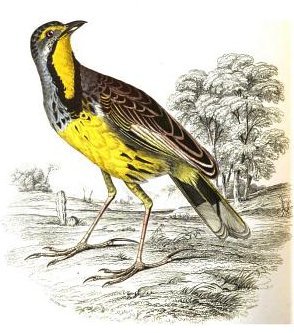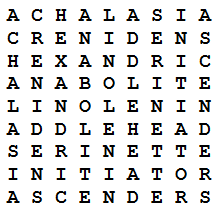laquearian
adj. armed with a noose
funipendulous
adj. hanging from a rope
patibulary
adj. pertaining to the gallows
On Feb. 23, 1885, convicted murderer John Lee of Devon was brought to the scaffold and positioned on the trapdoor. The noose was fitted around his neck, and executioner James Berry pulled the lever.
Nothing happened.
Two warders tried to force the trapdoor to open under Lee, but they failed. They removed the condemned man and tested the door, and it worked. So they put Lee in position again, and again Berry pulled the lever.
Again nothing happened.
Exasperated, the warders again put Lee aside and set to work on the door, this time with hatchets. When they were satisfied, they returned him to the scaffold, and Berry pulled the lever a third time.
Nothing happened.
So the Home Secretary commuted Lee’s sentence to life imprisonment.








